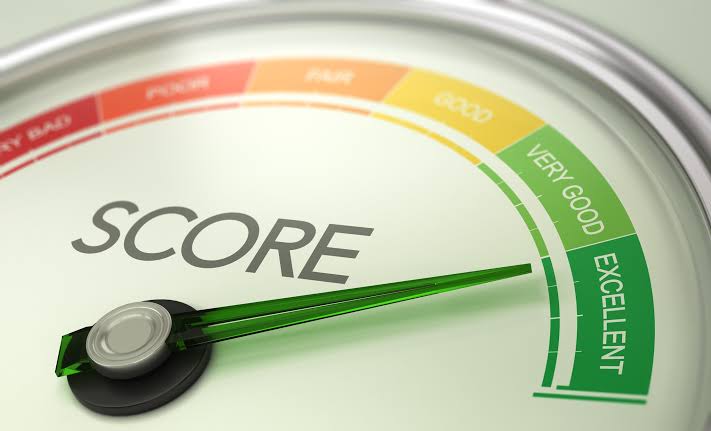Want a higher credit score? You can get one in as little as 30 days!
Credit scores affect everything from interest rates on credit cards to renting an apartment. The lower your score, the harder it is to get good deals.
Building credit takes time. No magic solution will make your score jump into the excellent range. But some tricks can give you a quick boost.
1. Pay Bills on Time
Paying on time is essential for building credit. Your payment history makes up 35% of your FICO score. No credit-building strategy will work if you pay bills late.
If you miss the due date, pay as soon as possible. Then, ask your credit card issuer not to report the late payment to the credit bureaus. They may agree if you have a history of on-time payments or are less than 30 days late.
If they’ve always reported the missed payment, you can send a letter asking for a “goodwill adjustment.” Take responsibility for the late payment and request that the issuer remove it from your credit report. The issuer does not have to comply, but it doesn’t hurt to ask.
How fast on-time payments impact your score depends on how many payments you’ve missed and how late they were. One positive note is that the negative effects of delinquent payments will fade over time. Start paying on time now, and the impact of those missed payments will fade away.
2. Pay Off Debt
Paying off balances and reducing debt will improve a 500 credit score fast. As you pay down debt, you will lower your credit utilization rate. Your credit utilization is how much you owe versus your total credit limit. It is the second most significant factor in calculating your score, accounting for 30% of your FICO score.
Pay down your balances close to zero. Your utilization should be less than 30% of your credit limit; being in the single digits is even better.
You can pay down your balances throughout the month or pay your bill in full before the end of the billing cycle. Most credit card companies report your utilization at the end of the billing cycle. Ask your issuer when they report, and bring your utilization below 10% by then.
Your credit score will reflect a lower utilization as soon as it is reported. Lowering your usage is the fastest way to give your score a boost.
3. Ask for a Higher Credit Limit
One trick to immediately lower your credit utilization is to request a higher credit limit. A higher limit will automatically reduce your credit usage.
For example, if you have a $800 balance on a card with a $1,500 limit, you’re using 53.33% of your credit. If your limit increases to $3,000, your usage drops to 26.67%, a significant improvement. For this to work, your spending has to remain the same.
Call your card issuer or request the increase online. It only takes a few minutes. Creditors are more likely to approve a higher limit if you’ve received a raise or have a history of on-time payments.
As soon as your issuer reports your new limit, you should see a positive change in your score.
4. Become an Authorized User
Ask a friend or relative to add you as an authorized user on their account. The person you ask should have good credit, a history of on-time payments, and a high credit limit. You also need to make sure the credit card provider reports authorized users (most do, but it’s worth checking).
The primary cardholder’s positive payment history and credit limit will be included in your credit report as soon as you are added to their account. Your score should reflect the changes immediately. You don’t even have to use the card to benefit.
Becoming an authorized user is a quick way to add positive information to your report. You get to piggyback on someone else’s positive credit habits while you build your own. When used correctly, this move can help strengthen your credit profile in less than a month. It works well for people just starting out with credit, but it is not as effective if you’re trying to correct past mistakes.
5. Dispute Errors
Inaccurate negative marks on your credit report could drag your score down unfairly. Common errors include accounts that don’t belong to you, incorrect late payments, or outdated negative marks. A 2024 Consumer Reports study found that 44% of people who checked their credit reports found at least one error.
Review your credit report from each bureau at least once a year. If you find any incorrect information, file a dispute with the issuing bureau. The bureau then has 30 days to investigate and respond. They may request documentation that supports your claim.
The impact varies depending on the mistake, but the effects are immediate. Getting a wrongly reported late payment off your report will be highly influential. Removing an incorrect address will not affect your credit.
Final Thoughts
There are no shortcuts when it comes to your credit score. Building credit takes time and consistent good behavior. The good news is that if your score is poor or fair, you will likely see significant upward shifts fast.
While there is a lot of advice and potential tricks, the key is to always pay on time, pay off debts, and lower your credit utilization. When you consistently make timely payments and don’t overly use credit, you will have a good score.

